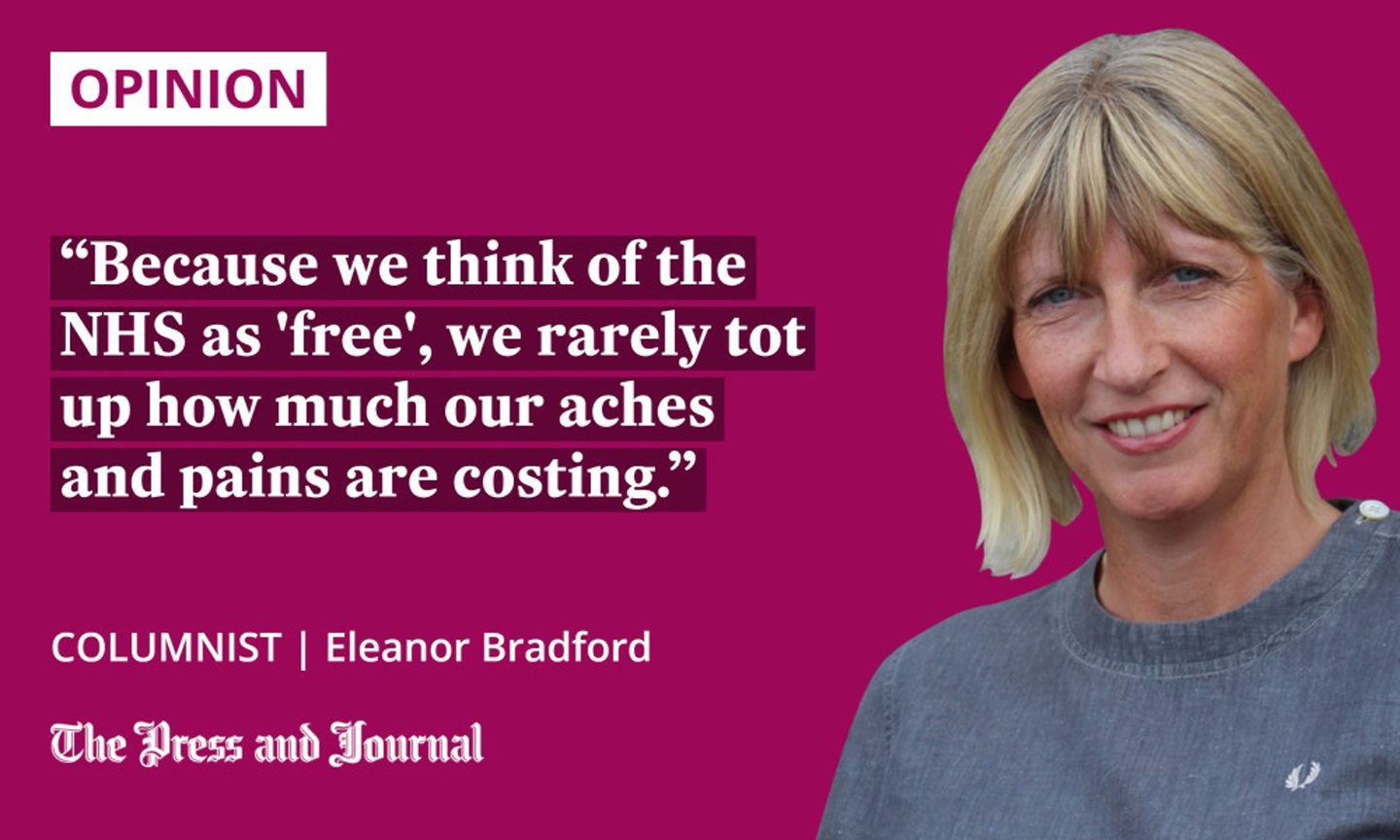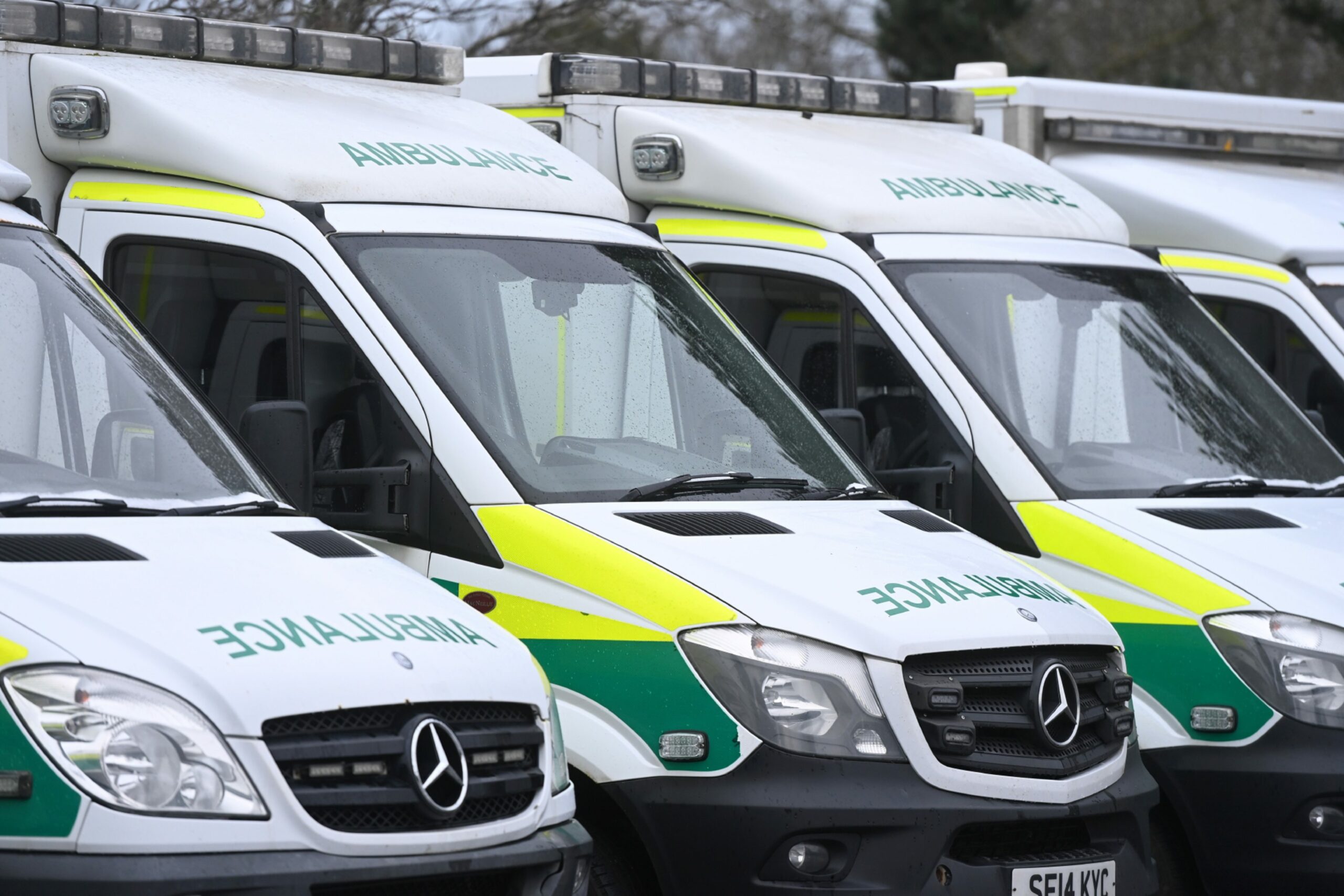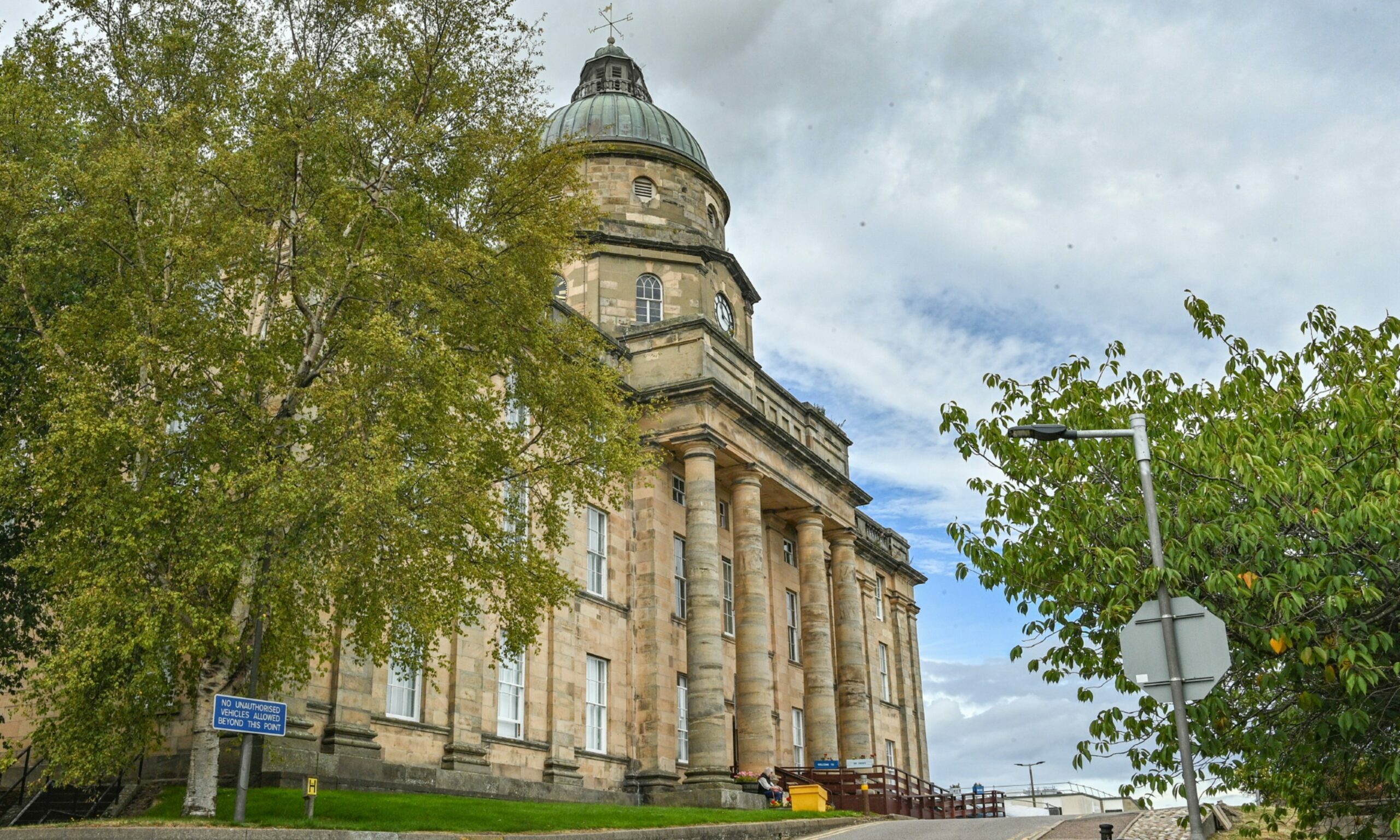We shouldn’t complain about paying ‘an extra penny for the NHS’, considering how much we cost it throughout our lifetimes, writes Eleanor Bradford.
Half a million Scottish taxpayers who earn over £43,663 will now pay an “extra penny for the NHS”.
This makes Scotland the highest taxed part of the UK, and will add around £1,600 to my own tax bill, which is a blow, given the rising cost of living, the high price of energy, and the fact that my five-year fixed mortgage rate is coming to an end. It’s a perfect storm for my bank balance.
However, I have written in a previous column about the NHS treatment I received for skin cancer over the last year. As my consultant explained, the type of treatment I received on the NHS was of “gold star” standard.

The same procedure within the same timescale in a private hospital would have cost me several thousand pounds more than my additional tax bill of £1,600. So, much as I would like to grumble, I feel I have got my money’s worth out of the NHS this year.
And, I am depressingly typical of the demographic of NHS patients.
We cost the NHS more as we grow older
Children, who pay no tax, tend to have dramatic accidents, which result in occasional accident and emergency attendances but, other than this, they don’t use the NHS very much. According to the King’s Fund, the average cost of a minor injury resulting in an A&E visit is £77.
Young adults, who generally pay low levels of tax, are healthy but reckless. They fall off mountain bikes and horses and have car accidents, but, otherwise, rarely use the NHS. Fixing a broken bone or two costs our health service in the region of between £2,000 and £7,000, plus an ambulance trip of around £300.
In our thirties, we are largely healthy, but we have a habit of having babies. Each one of those sets the NHS back around £7,000.
Then comes our forties and fifties, when the abuse of our bodies starts to kick in. Cancer, heart disease, strokes and other lifestyle-related diseases start to bite.
The average cost of a coronary artery bypass graft without complications is over £9,000, not including all the follow-up care and medicines. Cancer patients on the latest immunotherapies cost the health service anything up to £100,000 per person per year. Now we are really starting to get into negative equity with the NHS.
And, by the time we reach our sixties and seventies, we are really in debit, with a host of diseases and conditions blighting our lives. Most of us spend the majority of our retirement in ill-health, with the costs of healthcare far outstripping the average income tax payment of around £2,000.
Tax increase matches supply and demand
We pay for the NHS with more than just income tax, of course. Without millions from general taxation, it would have gone bankrupt long ago. But, this gives you a rough idea of just how much the balance tips in our favour as we get older.
An inefficient NHS will easily swallow up the £1 billion this tax increase will raise, without any improvement in outcomes
And, because we think of the NHS as “free”, we rarely tot up how much our aches and pains are costing.
I had to bite my tongue at a family dinner, when an in-law said they “never used the NHS”, but went on to list a catalogue of long-term conditions (arthritis, gout, joint pain), all of which required multiple GP visits, pharmacy time and regular prescriptions.
The Scottish Government’s increase in income tax is generally labelled as a tax on the wealthy, but there is another way of looking at it. Most of us earn more as we get older, prior to retirement. Therefore, this could also be described as a tax on age. As a policy, it matches supply and demand, and charges for it accordingly.
However, an inefficient NHS will easily swallow up the £1 billion this tax increase will raise, without any improvement in outcomes. The rising cost of energy, food and wages is hitting the NHS, too, as well as the ever-spiralling cost of new, better medicines, like those immunosuppressants.
Yet, we still insist on preserving little-used maternity units in rural areas, and a network of too many general hospitals, rather than fewer specialised ones. All this is an expensive way of producing poor outcomes.
Drastic reform is needed
Drastic reform is well overdue, to redesign the NHS’s infrastructure and reflect lower birth rates and an older population.
By raising taxes, the Scottish Government has shown that it is prepared to make unpopular decisions
We need to be prepared to travel to large hospitals which attract top specialists, because they get a throughput of interesting cases and get the best results for patients. We need to let go of the notion that a shorter journey is all that matters.
Most importantly, when NHS managers are putting forward these arguments, often in the face of local opposition, they need political support. That involves seeing long-term gain over and above short term electoral wins.
By raising taxes, the Scottish Government has shown that it is prepared to make unpopular decisions. Now it needs to follow through, so that the extra funding doesn’t disappear into a black hole of outdated inefficiencies.
My NHS treatment was amazing, but my three month follow-up appointment took 12 months to come around. It didn’t matter to the outcome for me, but I’ll be pleased if my extra tax bill means the next patient gets their follow-up appointment on time. I’ll be cheesed off if it does nothing more than keep the lights on.
Eleanor Bradford is a former BBC Scotland health correspondent and now works in communications in the education sector




Conversation